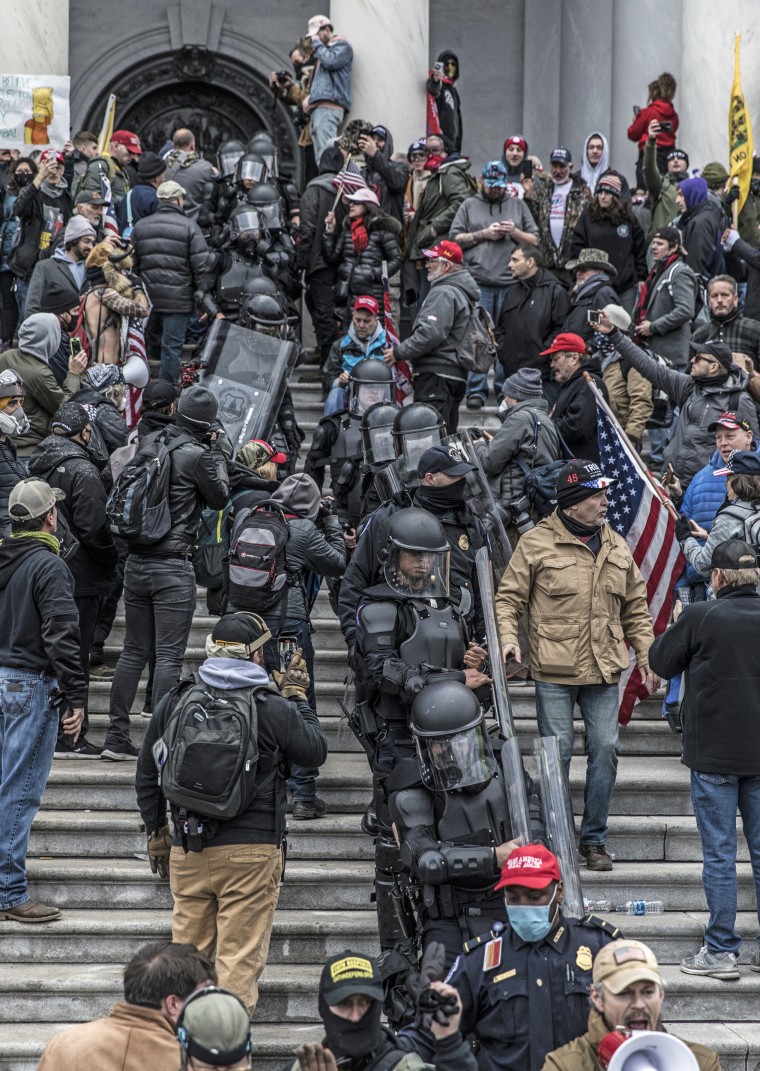Since its emergence in the political landscape, the Make America Great Again (MAGA) movement has sparked intense debate and discussion. It represents a significant shift in American political discourse, focusing on themes of nationalism, economic protectionism, and cultural conservatism. Understanding MAGA requires delving into its origins, core beliefs, and the impact it has had on American society.
The MAGA movement gained prominence during Donald Trump's 2016 presidential campaign, becoming a rallying cry for his supporters. The slogan encapsulates a vision of returning to an idealized past where America was perceived as economically dominant and culturally cohesive. This article explores the movement's foundational principles, demographic composition, and the implications of its rise within the Republican Party.
MAGA Republicans - A Challenge to Democratic Norms
MAGA Republicans have been at the forefront of a controversial push that challenges established democratic norms and values. Their agenda includes measures aimed at undermining the integrity of U.S. elections, which they argue are riddled with fraud despite lack of evidence. This stance has led to widespread criticism from both sides of the aisle, as it threatens the very foundation of democratic governance.
Beyond electoral concerns, MAGA Republicans advocate policies that restrict individual rights and freedoms. These include efforts to limit access to voting, control education curricula, and impose stricter regulations on media and speech. Such actions raise questions about the future of civil liberties in America and the potential long-term consequences for democratic institutions.
Their approach often prioritizes national sovereignty over global cooperation, emphasizing border security and immigration control. This focus aligns with broader populist trends seen in other parts of the world, where nationalist movements seek to reclaim perceived national identities amidst rapid globalization.
Potential Risks of Political Violence Among MAGA Supporters
Research indicates that MAGA Republicans may be more inclined to endorse political violence compared to their counterparts. However, this does not necessarily translate into direct participation in violent acts themselves. Instead, it reflects a heightened tolerance or acceptance of such methods when aligned with their ideological goals.
A nationwide survey conducted in 2022 revealed insights into attitudes towards political violence among MAGA adherents. While these findings highlight areas of concern, they also underscore the importance of proactive prevention strategies. Identifying groups at elevated risk can help mitigate potential threats through targeted interventions and community engagement initiatives.
Understanding the psychological and social factors driving support for political violence is crucial. By addressing underlying grievances and fostering inclusive dialogue, society can work towards reducing polarization and promoting peaceful resolution of conflicts.
Demographic Profile of MAGA Supporters
Analysis of MAGA supporter demographics reveals a predominantly white, Christian, male constituency. Approximately 60% fit this profile, reflecting traditional conservative values and priorities. Additionally, a significant portion consists of retirees aged over 65, indicating nostalgia for a bygone era perceived as more stable and prosperous.
Economic insecurity plays a role in shaping MAGA affiliations, particularly among working-class individuals who feel left behind by modern economic transformations. These sentiments fuel resentment towards elites and immigrants, whom they blame for eroding job opportunities and cultural cohesion.
Despite its relatively homogeneous makeup, the MAGA movement attracts diverse followers united by shared grievances and aspirations. Recognizing this diversity helps explain its resilience and adaptability in different contexts across the country.
Public Perception and Meaning Behind MAGA
For many MAGA supporters, the slogan Make America Great Again symbolizes hope for renewal and restoration. At public gatherings like those held at Madison Square Garden, attendees express personal interpretations of what makes America great. These narratives often emphasize family values, hard work, and patriotism as key components of national identity.
However, critics argue that the phrase perpetuates exclusionary notions of greatness rooted in racial and socioeconomic hierarchies. They contend that true progress requires embracing inclusivity and equality rather than reverting to outdated paradigms. This tension highlights the contested nature of MAGA rhetoric and its implications for national unity.
Engaging in constructive conversations about what constitutes greatness offers opportunities for bridging divides. Encouraging open discussions allows people from all backgrounds to contribute meaningful perspectives toward building a brighter future for everyone.
Trump's Influence and Project 2025
Donald Trump's influence remains central to the MAGA movement, exemplified by his ambitious Project 2025 initiative. This plan outlines steps to consolidate power by weakening checks and balances within government structures. Critics warn that implementing such reforms could undermine democratic accountability and empower authoritarian tendencies.
While some view Trump's leadership style as charismatic and transformative, others see it as divisive and potentially destabilizing. His ability to maintain strong loyalty among supporters despite legal challenges underscores the depth of emotional connections formed during his presidency. Nonetheless, skepticism persists regarding the feasibility and desirability of Project 2025 objectives.
Navigating the complexities of MAGA politics involves balancing respect for legitimate grievances with vigilance against erosions of democratic principles. As debates continue, finding common ground becomes essential for ensuring sustainable progress and safeguarding democratic ideals.

